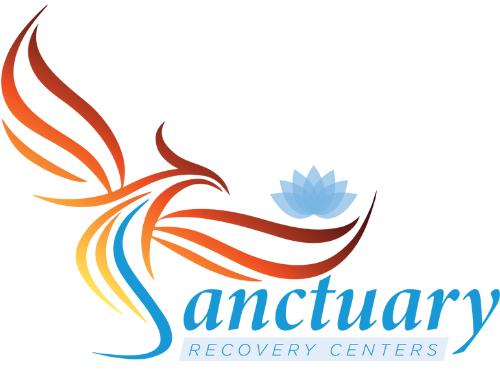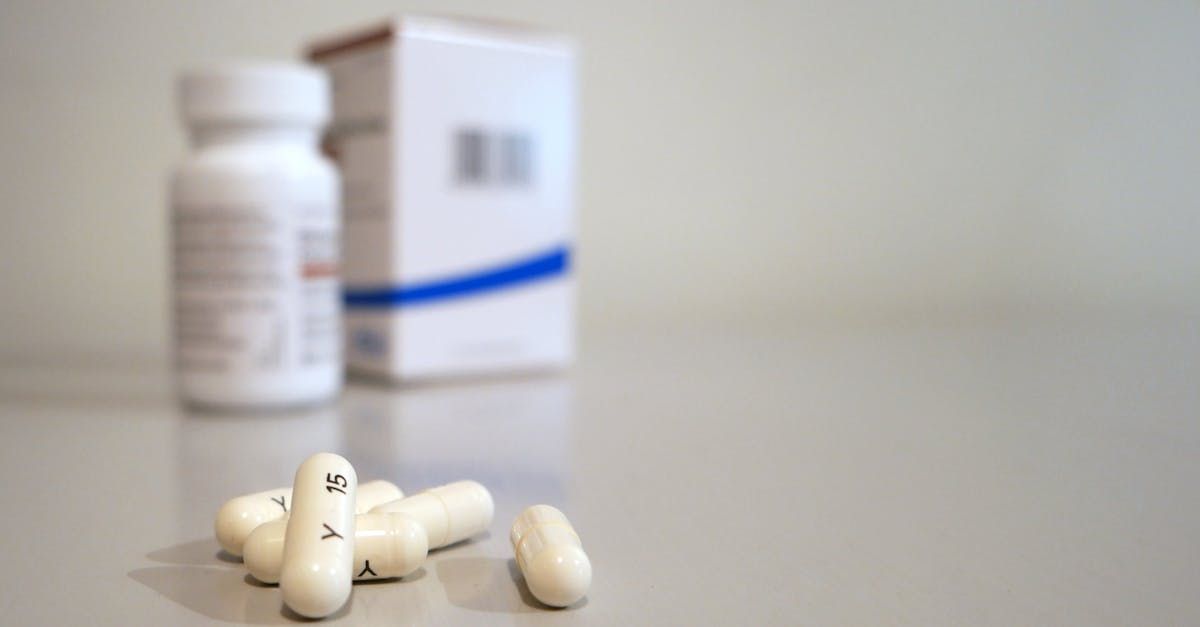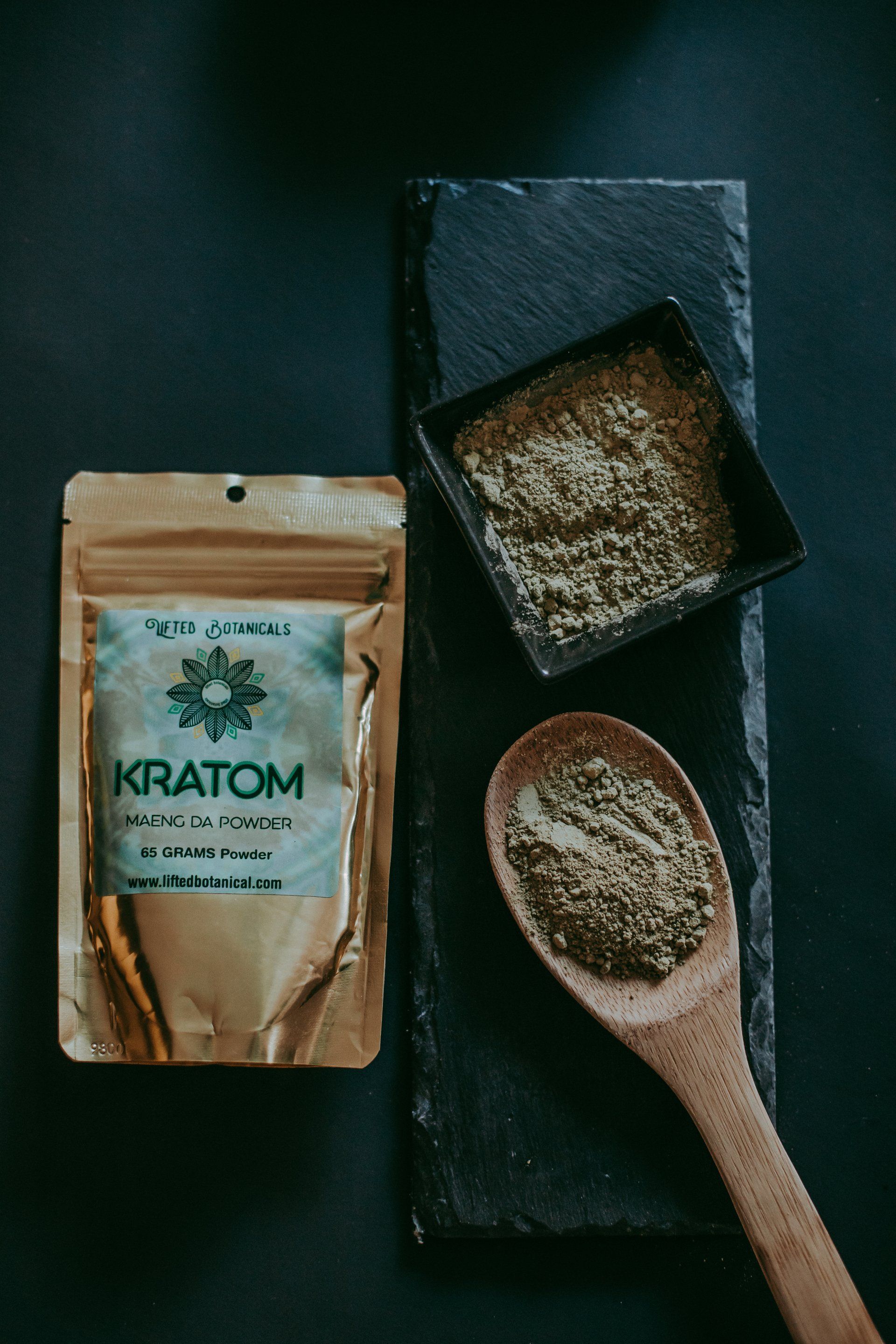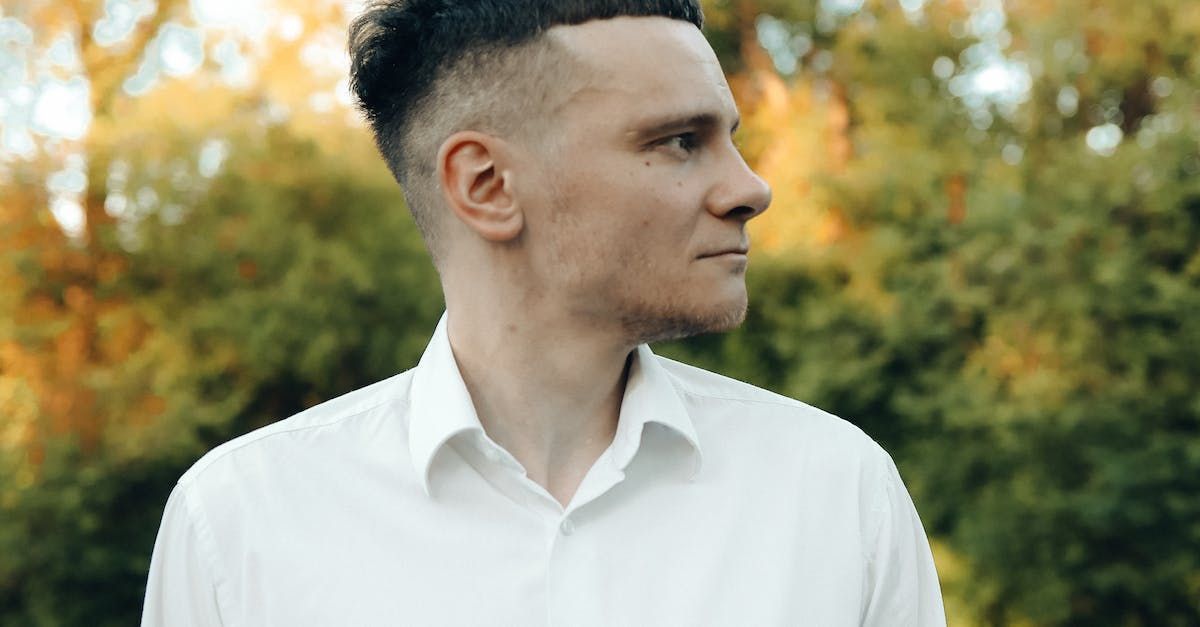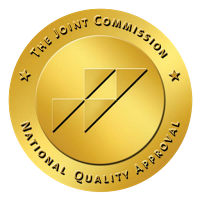Get Help With Your Addiction

What Are the Three Types of Addicts
Do you ever wonder if you or someone you know is a drug addict? Understanding what classifies as drug addiction can help shed light on this complex issue.
This article will explore key indicators, physical signs, and behavioral patterns of substance abuse. By providing knowledge and insight, our aim is to offer support and understanding to those affected, in a non-judgmental and empathetic manner.
Let’s dive in and unravel the truth about drug addiction together.
Key Indicators of Drug Addiction
If you’re wondering about the key indicators of drug addiction, there are several signs to look out for. Drug addiction not only affects the individual physically, but also has significant social consequences.
One key indicator is a decline in relationships and social connections. Addicts may withdraw from friends and family, prioritizing their substance use over meaningful connections. They may also experience financial difficulties and legal troubles, as the need for drugs takes precedence over responsibilities and obligations.
Additionally, drug addiction can have severe psychological effects. Substance abuse can lead to mood swings, anxiety, and depression, impacting overall mental well-being.
It’s important to approach the topic of drug addiction with empathy and understanding, as it’s a complex issue with a range of factors contributing to an individual’s struggle.
Physical Signs of Drug Dependency
You should be aware of the physical signs of drug dependency, as they can indicate a serious problem that requires immediate attention. It’s important to approach this topic with empathy and understanding, as individuals struggling with drug dependency need support and guidance.
Early intervention is key in helping these individuals overcome their addiction and regain control of their lives. Recognizing the physical signs of drug dependency, such as changes in appetite, weight loss, bloodshot eyes, and unexplained bruises or marks on the body, can help identify the problem early on.
Once identified, there are various treatment options available, including counseling, support groups, and medical interventions. Remember, addiction is a complex issue, and it’s vital to approach it with compassion and offer assistance to those in need.
Behavioral Patterns of Substance Abuse
You can observe the behavioral patterns of substance abuse through changes in social relationships and frequent mood swings. Substance abuse not only has physical effects but also psychological ones.
It can alter brain chemistry and lead to mood disorders such as depression and anxiety. These psychological effects can contribute to changes in behavior and personality, affecting relationships with family, friends, and romantic partners. Substance abuse often leads to strained relationships, as individuals may become unreliable, unpredictable, or even violent.
The impact of substance abuse on relationships can be devastating, causing trust to erode and communication to break down. Loved ones may feel helpless, frustrated, and hurt as they witness the person they care about struggle with addiction. It’s important to approach this topic with empathy and understanding, recognizing that substance abuse is a complex issue with deep-rooted psychological implications.
Do you ever wonder about the different types of addicts? Well, you’re in luck! In this article, we’ll explore the three main types of addicts: substance addicts, behavior addicts, and process addicts.
By understanding these categories, you can gain a deeper insight into the complexities of addiction. Whether you’ve personally experienced addiction or know someone who has, this knowledge will help you navigate the topic with empathy and understanding.
So let’s dive in and explore the world of addiction together.
Substance Addicts
You should be aware of the dangers of substance addiction. Substance addiction refers to the compulsive and harmful use of substances that can have severe consequences on your mental health.
There are various types of substances commonly abused, such as alcohol, opioids, stimulants, and sedatives. Each substance has its own set of effects on the brain and body, leading to physical, psychological, and social problems.
Substance addiction can have a significant impact on your mental health, causing symptoms of depression, anxiety, paranoia, and even psychosis. It can also worsen pre-existing mental health conditions or trigger the development of new ones.
It’s important to seek help and support if you or someone you know is struggling with substance addiction to prevent further damage to mental well-being.
Behavior Addicts
They can be just as harmful as substance addictions, so it’s important to understand the risks associated with behavior addicts. Common behaviors associated with behavior addicts include compulsive gambling, excessive gaming, internet addiction, shopping addiction, and work addiction. These behaviors can consume a person’s life, leading to negative consequences such as financial problems, relationship breakdowns, and overall decreased well-being.
Understanding the underlying causes of behavior addiction is crucial for effective treatment. Therapy, both individual and group, can help individuals identify and address the root causes of their addictive behaviors. Cognitive-behavioral therapy (CBT) is often used to challenge and change negative thought patterns and behaviors. Additionally, support groups and self-help techniques can provide valuable resources and strategies for managing and overcoming behavior addiction.
It’s important to seek professional help if you or someone you know is struggling with behavior addiction, as early intervention can greatly improve outcomes.
Process Addicts
Get ready to dive into the world of process addicts, as we explore the various ways in which individuals become hooked on repetitive behaviors and struggle to break free.
Process addiction refers to the compulsive engagement in activities such as gambling, shopping, or internet use, which can have detrimental effects on one’s physical and mental well-being.
One of the common misconceptions about process addiction is that it isn’t as serious as substance addiction. However, the truth is that process addiction can lead to severe consequences, including financial ruin, strained relationships, and diminished self-esteem.
The causes of process addiction vary, but often involve a combination of genetic, environmental, and psychological factors. It’s important to understand that process addiction is a real and complex issue that requires empathy and understanding.
The post What Are the Three Types of Addicts appeared first on Sanctuary Recovery Centers.


